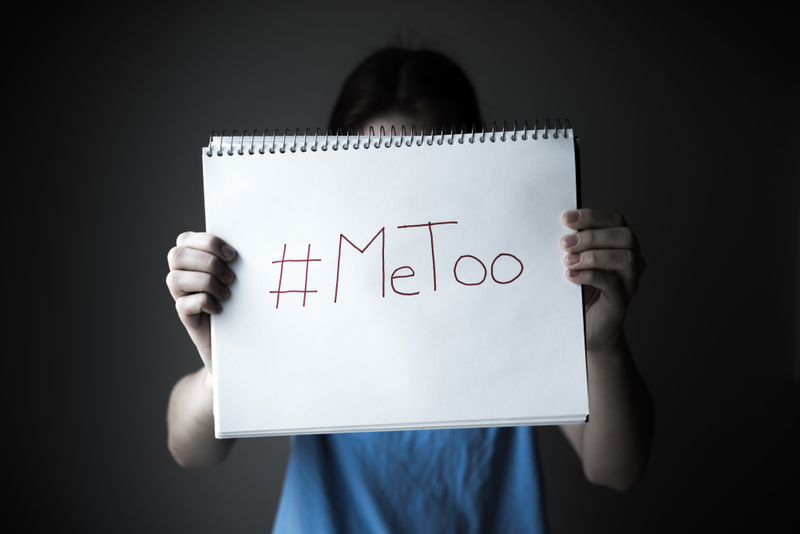AIIMS RDA organises workshop to spread awareness on 'legal and psychological aspects' of #MeToo
PTI Nov 20, 2018
The Resident Doctors' Association (RDA) at the AIIMS organised a workshop on November 19 to spread awareness on the "legal and psychological aspects" of the #MeToo movement and urged doctors to come forward with their stories of sexual harassment, if any.

RDA president Harjit Bhatti said he had faced a backlash when he decided to organise the workshop as a section of resident doctors and his male friends said asked him why he was trying to promote a campaign which could be misused to spoil someone's career.
"They also gave me examples of complaints where the woman tried to take revenge by making false allegations of sexual harassment. But then the issue of not about men or women, it is a gender neutral movement," he said. "Anyone, who is facing sexual harassment at workplace or in society, irrespective of gender, must come forward and speak out so others get to know about the perpetrator. This attitude of oppressing the juniors must get reported," Bhatti said.
Pratap Sharan, a professor in the Department of Psychiatry and in-charge of the Student Wellness Centre at the AIIMS, said perpetrators in such cases sometimes are struggling with psychological issues and the prevention aspect is limited as they rarely come forward for treatment, unless they have committed a major crime.
He also said institutions should have facilities in campuses where empathic listening is possible. Also, there is a need to monitor how the use of alcohol and drugs can led to increase in sexual harassment cases, he added. Terming #MeToo as a social movement, he said there was a need to change the mindset of people towards patriarchy.
"There is a need to change perception. At institutional level, there should be policies in place so that one can easily report about such incidents. Education and awareness can act as a way of prevention," he said. "More than reporting and conviction, there is a need for safe spaces so that one can have safe conversations. This ultimately will help them feel empowered to speak up and also file a complaint," he said.
Sharan said there was not much literature available on perpetrators involved in such cases. "When we can't understand the mindset of these people, nothing can be done to change it," he said. He said even educational institutes have cases of sexual harassment and it was extremely important for to have a SWC on every campus. "Even now, one in every three women faces sexual harassment," Sharan said.
Karuna Nundy, a leading Supreme Court lawyer, said the constitution guarantees the freedom to talk and travel and a right to bodily integrity and dignity. "The structure of law and employment has failed to make these a reality. Every woman who goes to work has been mostly battling harassment, discrimination and competing patriarchy. These women who are coming out on social media are saying we will revolt against the version of due process and public will support us unless your justice is credible," Nundy said.
The problem with the ICCs was that some of them could be biased in favour of the senior management of the company, she said. "Many are now realising that protecting the institution from liability does not require crushing the problem under the carpet and there are lots of limitations even in criminal laws, she added.
Nundy said there was a provision in the CRPC where it was reasonable to have such a delay in complaining. Increasingly, around the world, the jurisprudence developing all the facts is that nature of sexual harassment or assault is such that it takes time for the victim to gather power, resources and get empowerment to complaint, she said.
The workshop focussed on psychological aspects of this movement and was aimed at spreading awareness among the medical students so they can talk about anything and are also aware of the legal aspects. Nundy said that this movement was not a "men against women" but it was a movement of "people against patriarchy". "The due process of filing a complaint is a big failure of our Constitution. Our criminal laws are a combination of victorian patriarchy, of progressive thinking and contemporary patriarchy," she said.
-
Exclusive Write-ups & Webinars by KOLs
-
Daily Quiz by specialty
-
Paid Market Research Surveys
-
Case discussions, News & Journals' summaries